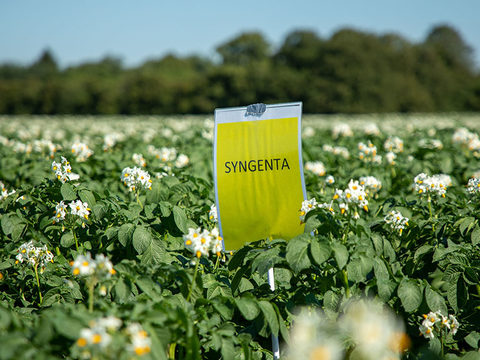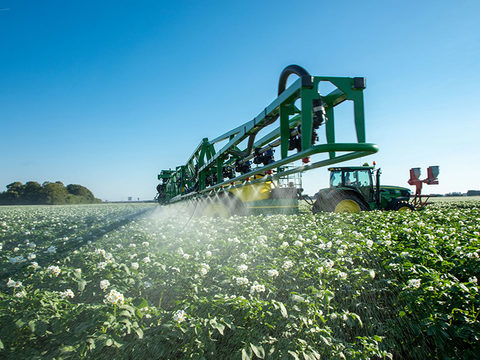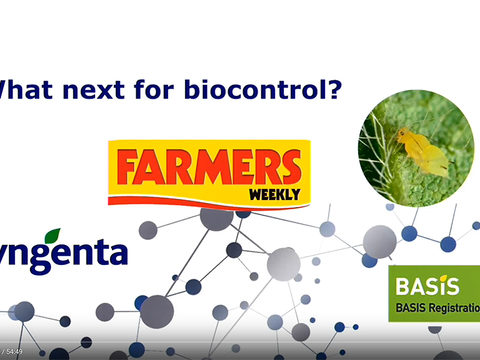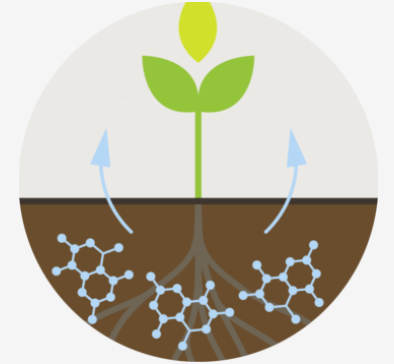
How do biostimulants work?
Biostimulants are products of natural origin that can be further modified by biological processes, e.g. fermentation. Biostimulants can increase the normal growth capacity of plants, but do not have a direct effect on plant diseases, pests, etc. Biostimulants are used to improve the quality of crops, to promote nutrient utilisation or to support existing defence mechanisms. Some groups of biostimulants strengthen the crop’s ability to defend against abiotic (non-biological factors such as weather stress) factors to which the crop is increasingly exposed.
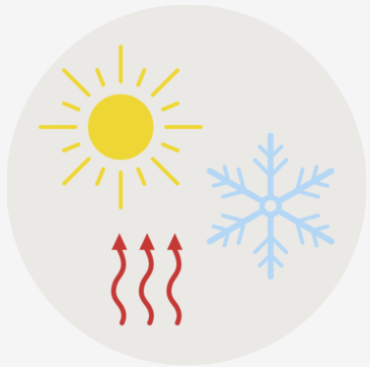
Why use biostimulants?
A plant suffering from stress factors uses energy inefficiently, which adversely affects its growth mechanisms and photosynthesis. Biostimulants are mainly used prophylactically in situations where the plant is threatened by drought, heat, cold, etc. The crop is strengthened to maintain its growth potential before the stress factor arises. There are a group of products that are marketed as biostimulants but primarily contain nutrients. Their purpose is to optimize fertilisation, often for micro-nutrients. It is therefore important to keep in mind the inherent purpose of each biostimulant.
